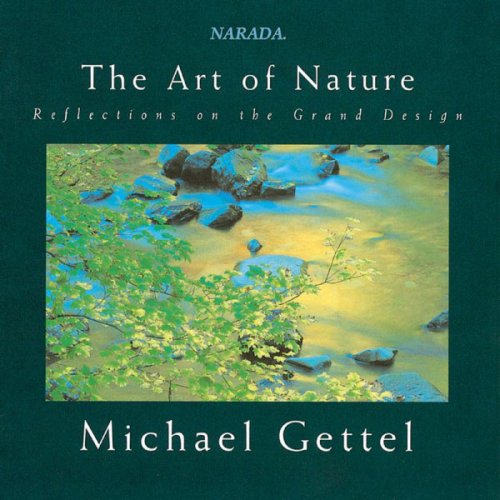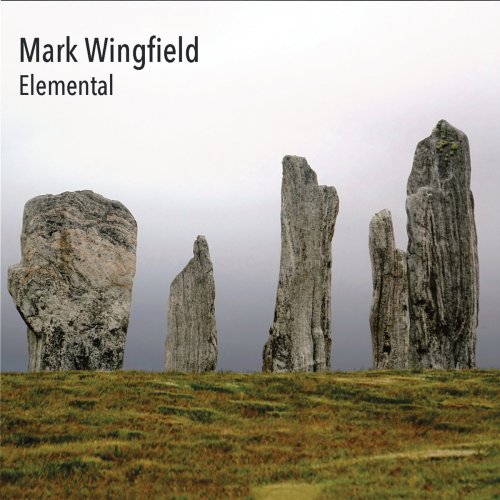Kvindelige Studenters Sangforening - Kom Regn (Come Rain) (2017) [Hi-Res]
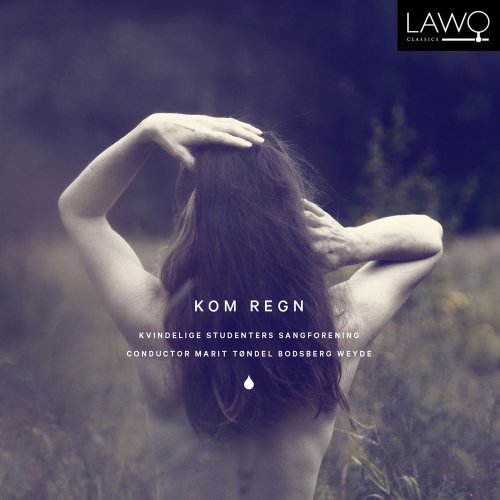
Artist: Kvindelige Studenters Sangforening
Title: Kom Regn (Come Rain)
Year Of Release: 2017
Label: Lawo Classics
Genre: Classical
Quality: flac 24bits - 48.0kHz +Booklett
Total Time: 00:54:58
Total Size: 525 mb
WebSite: Album Preview
TracklistTitle: Kom Regn (Come Rain)
Year Of Release: 2017
Label: Lawo Classics
Genre: Classical
Quality: flac 24bits - 48.0kHz +Booklett
Total Time: 00:54:58
Total Size: 525 mb
WebSite: Album Preview
01. Valen: Motet for Female Choir, Op. 25 (1936): Kom regn fra det høie:
02. Valen: Two Motets for Female Choir, Op. 14 (1931): No. 1, Quomodo sedet sola civitas
03. Valen: Two Motets for Female Choir, Op. 14 (1931): No. 2, Regina coeli laetare
04. Nordheim: Music to Two Fragments by Shelley (1985): Silver Key
05. Nordheim: Music to Two Fragments by Shelley (1985): No. Music
06. Hovland: Gloria Patri, Op. 137, nr. 2 (1991)
07. Hovland: Se, dager kommer (1975)
08. Nystedt: Shells (1973)
09. Nystedt: Sansene (2002)
10. Nystedt: I am my brother’s keeper (1982)
11. Nystedt: Mary’s Song
12. Kruse: Music to hear, why hear’st thou music sadly? (2000)
13. Kruse: Renn over meg som regn (1993)
The world’s oldest academic female choir has sought out choir music for women by five male Norwegian composers — compositions that challenge and expand conceptions of Norway’s cultural heritage.
There is here scarcely a trace of a mountain or fjord or traditional folk music, or of Grieg, Kjerulf and Nordraak. The gentlemen on this recording chose other routes to the concert hall, cathedral and the cultural canon. One of them had as strong a faith in his uncompromising counterpoint as in the Almighty Creator, while sitting alone between the mountains and fjords of Western Norway. Another was a central figure of European contemporary music and musical life in the capital city, but his work was dismissed as “Pling-Plong” by Norwegian cultural conservatism’s self-appointed generals.
Fartein Valen, Arne Nordheim, Egil Hovland, Knut Nystedt and Bjørn Kruse, each in his own way and with either the Bible or world poetry in his inside pocket, created sounds that convey a different history of Norwegian music. Placed in women’s voices, they provide the possibility of entering worlds of sound, words and lines that for many remain undiscovered, unanticipated and unprecedented.

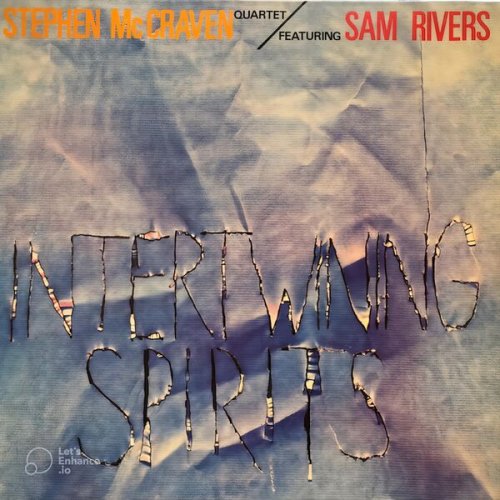
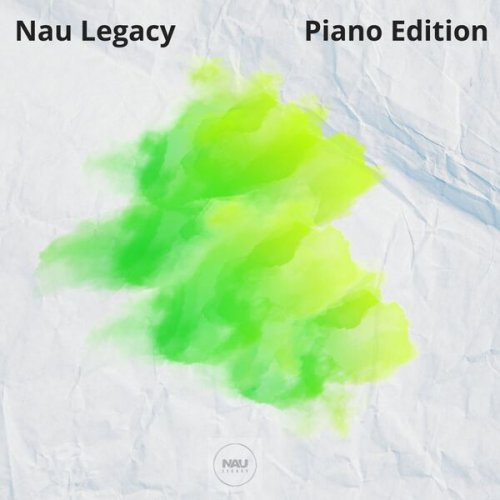
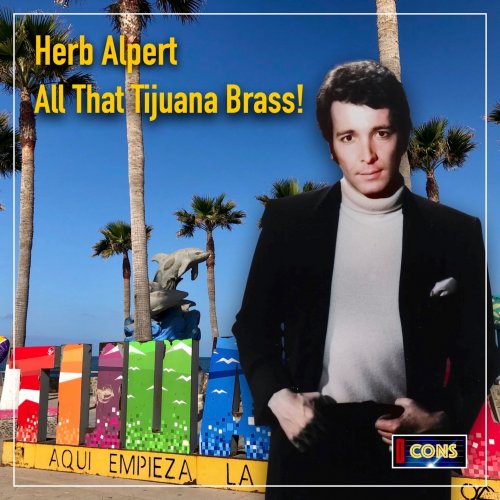
![Xavi Torres - Amsterdam Magic (2025) [Hi-Res] Xavi Torres - Amsterdam Magic (2025) [Hi-Res]](https://www.dibpic.com/uploads/posts/2025-12/1766061682_cover.jpg)
